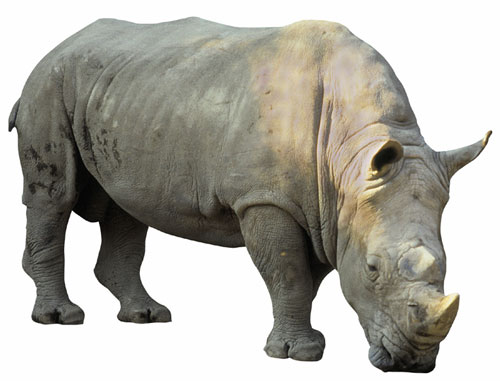World's rarest rhinos make first appearance on video in Indonesia
 Jakarta - The world's rarest rhinoceros has been captured on videotape by specially designed video cameras in the jungles of Indonesia's Java, an international environmental group said Thursday.
Jakarta - The world's rarest rhinoceros has been captured on videotape by specially designed video cameras in the jungles of Indonesia's Java, an international environmental group said Thursday.
The female rhino, which was accompanied by a calf, promptly charged the camera, sending it flying in Ujung Kulon National Park in western tip of Java island, the World Wide Fund for Nature (WWF) said in a statement.
"It's very unusual to catch a glimpse of the Javan rhinos deep inside the rain forest," said Adhi Rachmat Hariyadi, who leads WWF-Indonesia's project in Ujung Kulon.
"The motion-triggered infrared video traps are a useful way to observe them and the ways they use their habitat in a more detailed way."
Agus Priambudi, head of Ujung Kulon National Park, welcomed the latest finding and said it could reveal detailed information about the world's rarest rhinos.
"We are encouraged by the initial results from these video traps, and hope this data will help the park authorities to understand the population dynamics and behaviour of Javan rhinos better and help manage the threats to this population in a more scientific manner," Agus said.
Javan rhinos are found only in two locations in the world: the Ujung Kulon National Park in western Java, and one area in Vietnam. Scientists estimate that about 60 of the rhinos are in Indonesia, or about 90 per cent of the entire population.
Efforts are underway to create additional Javan rhino breeding groups by transferring some from Ujung Kulon to another suitable site, in an attempt to protect the species from extinction that could be caused by disease or other natural disaster, scientists said.
Susie Ellis, of the International Rhino Foundation, expressed confidence that the data generated from the video traps in the coming years will be crucial in planning the test relocation.
"Identification of individual rhinos and insights into their roles in the population will be invaluable in carrying out a successful relocation," Ellis said. (dpa)